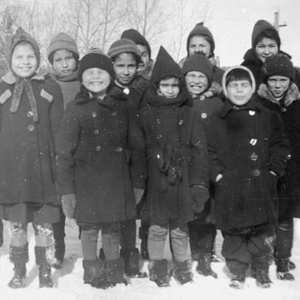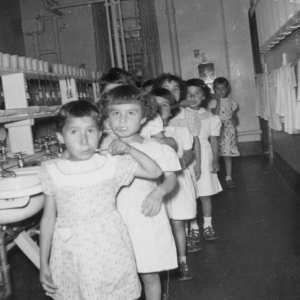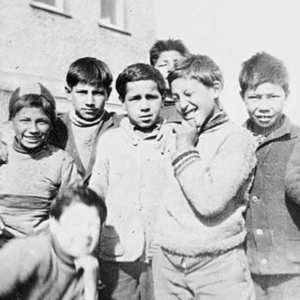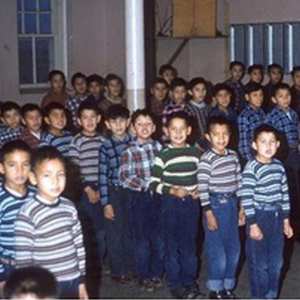|
| Truth and Reconciliation Commission: What's in the Final Report
By Drew Gragg
Ottawa Citizen
December 14, 2015
http://ottawacitizen.com/news/national/truth-and-reconciliation-commission-whats-in-the-final-report
[with video]
The Truth and Reconciliation Commission’s final report into the history of Canada’s residential school system will be released tomorrow in Ottawa.
The commission released its summary report in June, with 94 recommendations for reform. Then-prime minister Stephen Harper gave the report a cool, non-committal reception. But newly elected prime minister Justin Trudeau is much more supportive and has endorsed the report, pledging to enact its recommendations. He will have to work with premiers, because many of the proposals fall within provincial jurisdiction.
Trudeau promises to launch a new “nation-to-nation” relationship. That relationship will start with reconciling the mistakes of the past and building a better future for Indigenous people.
The Citizen’s parliamentary bureau chief Mark Kennedy has spent years writing about the TRC and the history of Canada’s aboriginal residential school system.
He has prepared this package on what Canadians should know about the report.
The Legacy: Modern-day Canada is perpetuating the mistakes that led to the creation of aboriginal residential schools with policies that still harm Indigenous people, the TRC has found. “The beliefs and attitudes that were used to justify the establishment of residential schools are not things of the past: they continue to animate much of what passes for Aboriginal policy today,” says the report.
 |
|
The Deaths: More than 3,000 aboriginal children are known to have died at residential schools — often due to things that could have been prevented — and the federal government failed to properly safeguard the students. The report also provides a detailed account of the known deaths.
 |
|
The Missing: The commission strongly supports the upcoming public inquiry into missing and murdered aboriginal women and provides more than 20 recommendations on how it should be structured. The TRC says the inquiry should look at the role of governments, the RCMP and other police and the child welfare system and expose “systemic” flaws that can be remedied with new policy.
 |
|
By the numbers: Comparing Canada’s Aboriginal people to the general population in five key areas: child welfare, education, language and culture, health and justice.
 |
|
|



